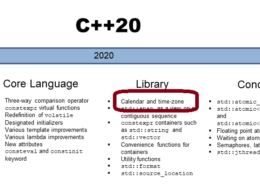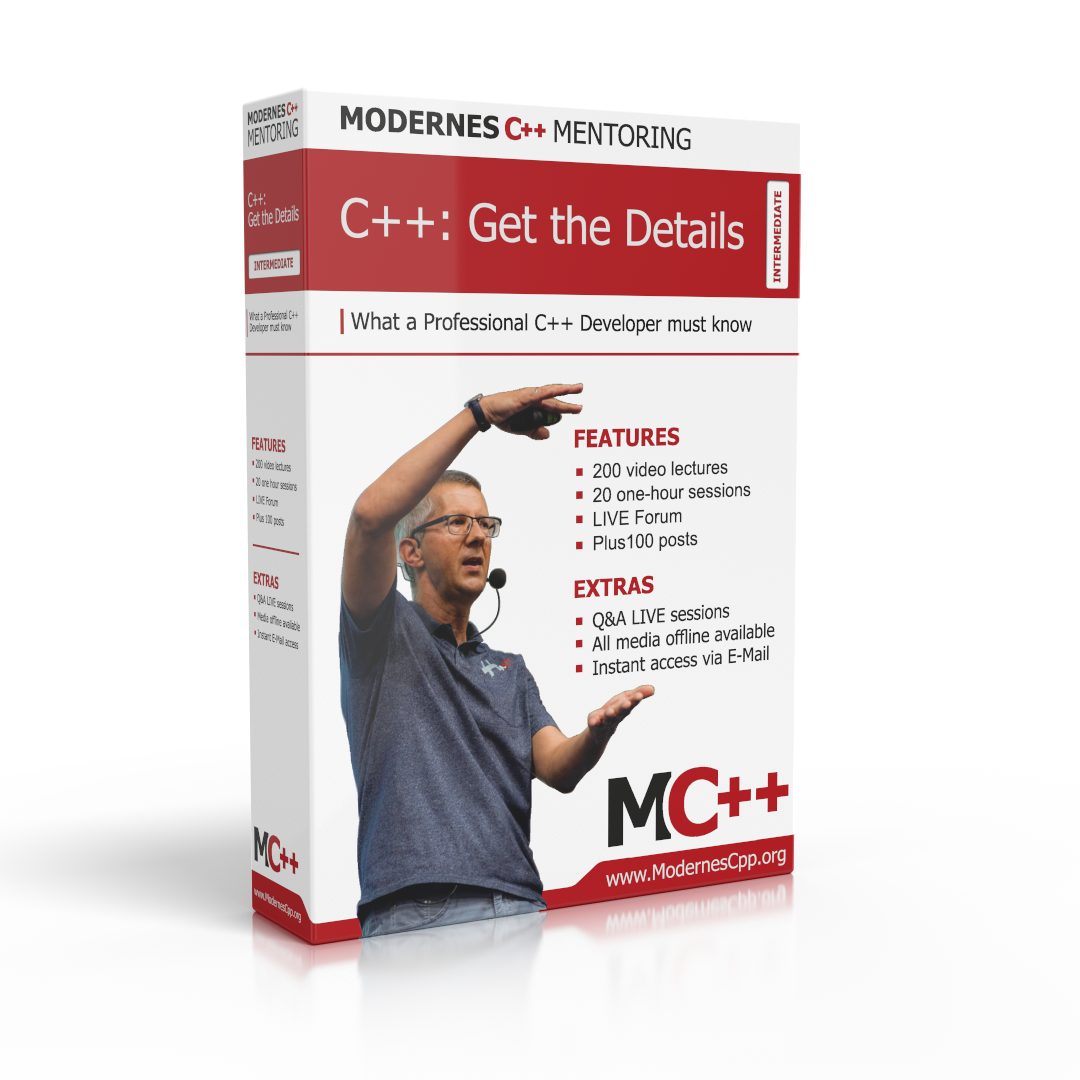Welcome to my NEW BLOG!
Hello, let me give you a few tips to navigate through my page with over 600 posts.
The TOUR allows you to get a short overview of ME, MY BLOG and MY PORTFOLIO. Just scroll down.
The TABLE OF CONTENT gives you an overview of all posts, classified in categories. Additionally, you can use the tag system or do a simple search. If you like it visual: Here is a short VIDEO.
In the PORTFOLIO Section you will find my BOOKS, COURSES and can also head on to my MENTORING Program.









